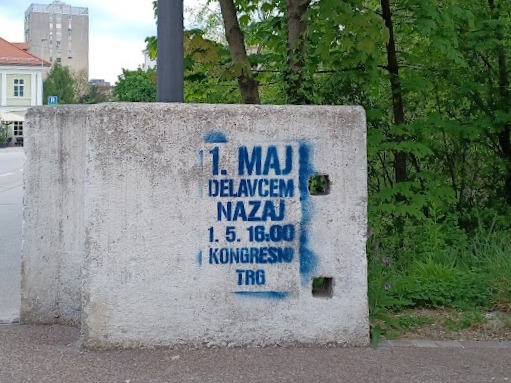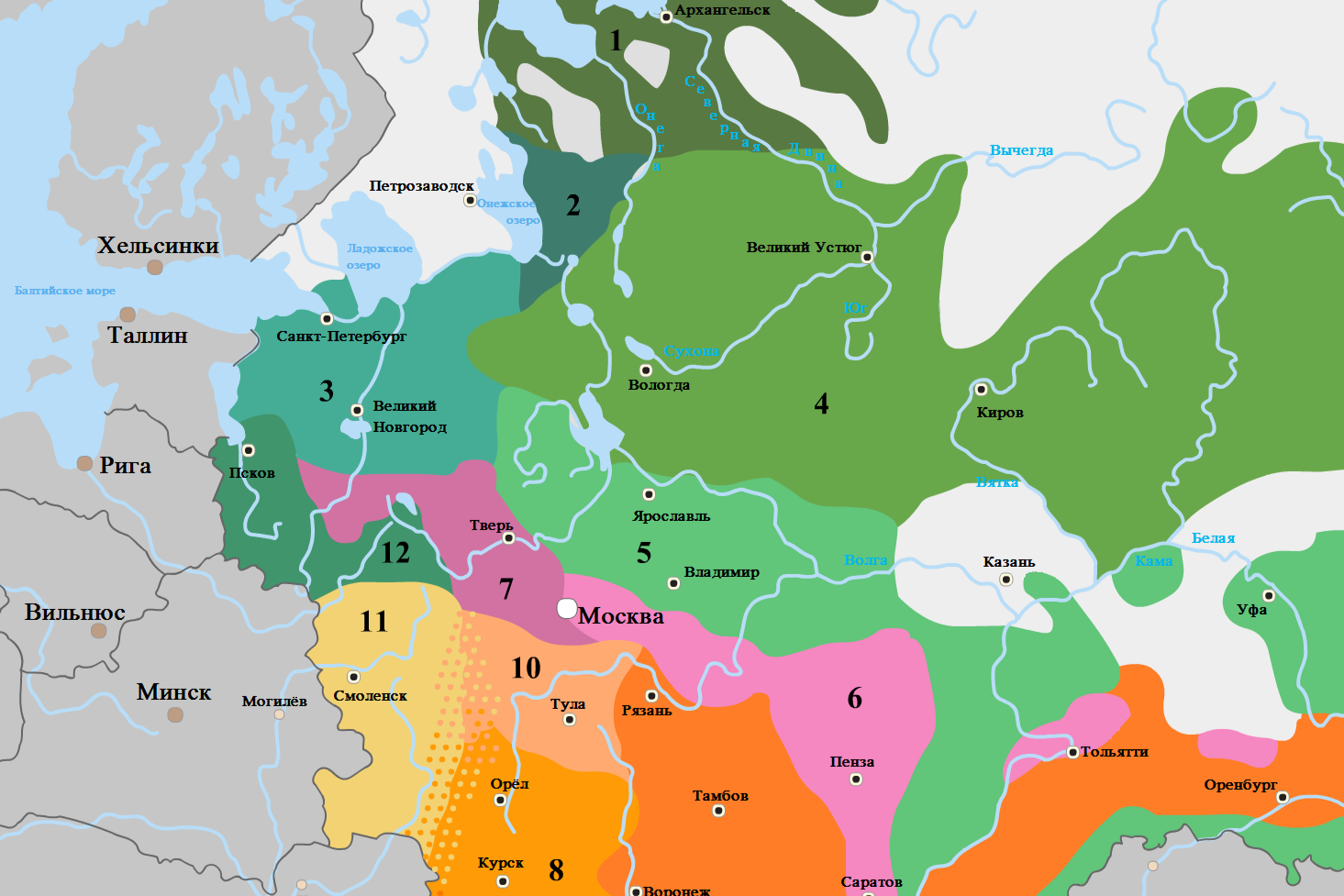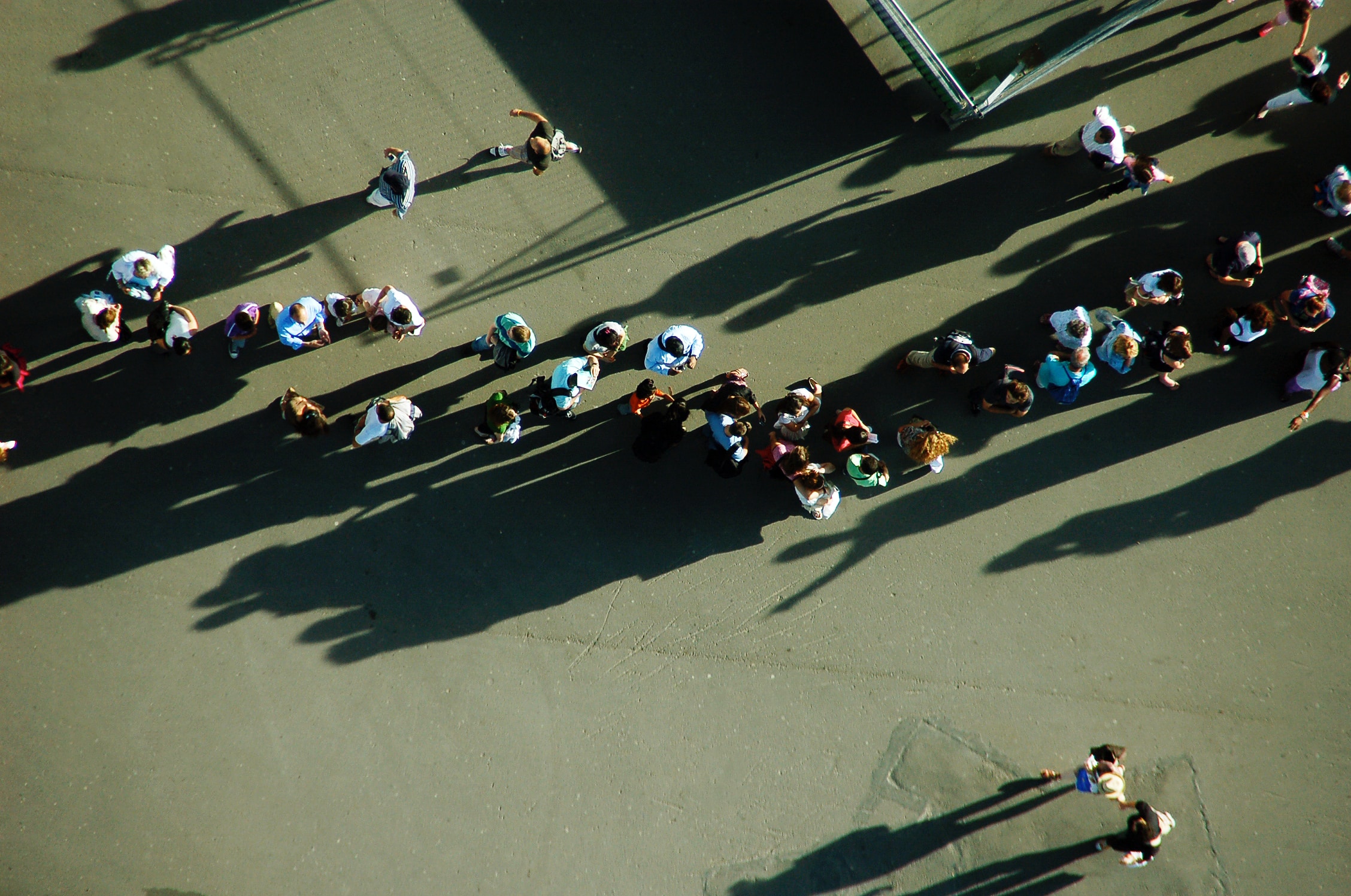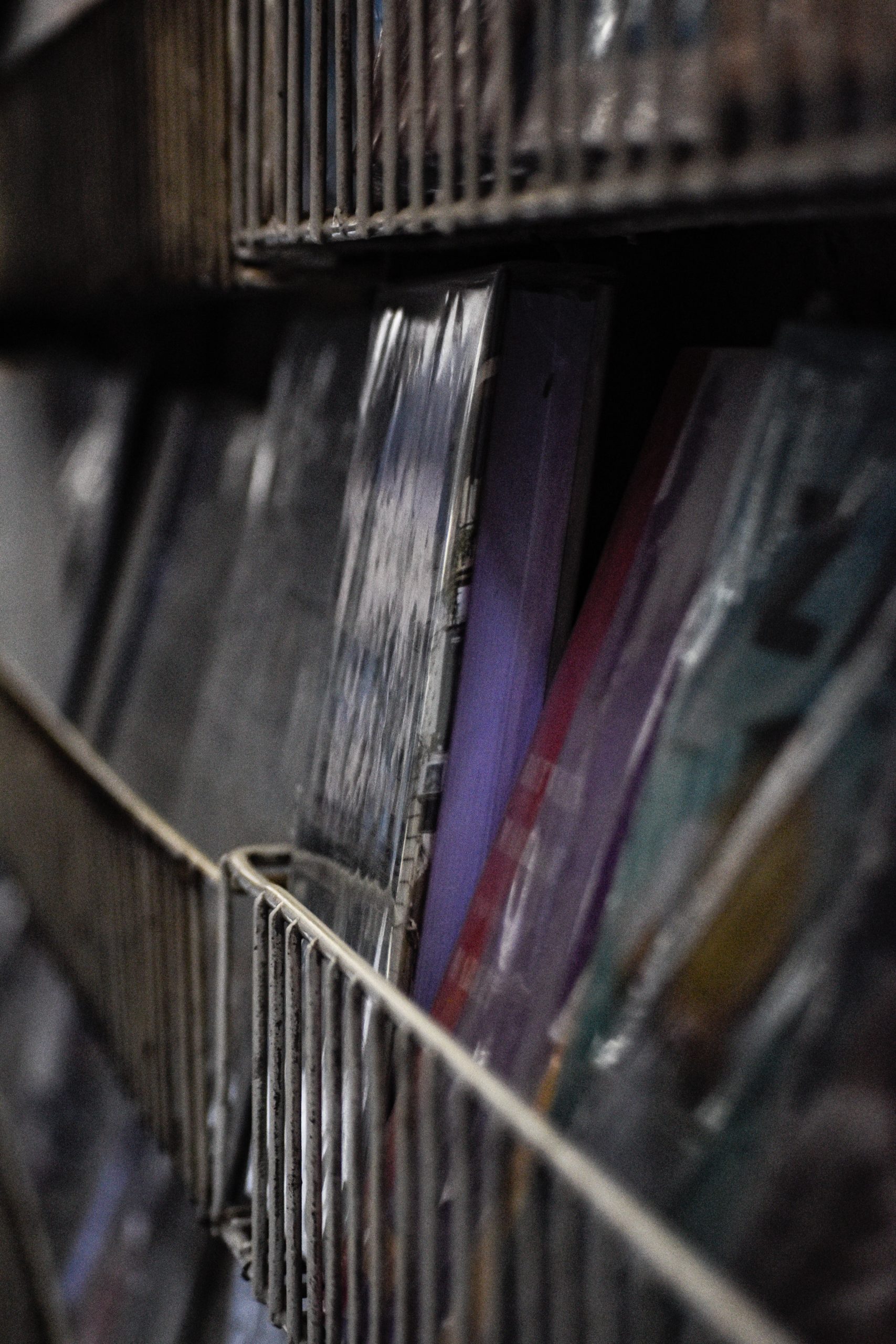Postgraduate School ZRC SAZU invites you to philosophy seminars and a public lecture by Assoc. Prof. Jan Völker.
A seminar for students on Wednesday, 29th of March 2023 at 5 p. m. at Institute of Philosophy ZRC SAZU, Novi trg 2, 3rd Floor, Ljubljana:
1) Psychomedia I.
‘In the first seminar, we will discuss Kant’s view on the world and the appearance of alien knowledge: Within the Copernican worldview, Kant restricts our knowledge to knowledge of objects in the world. The distinct difference between outer space and earth thus posits a limit for our knowledge. Nevertheless, Kant was throughout his lifetime convinced that there must be life on other planets. And furthermore, he speculated about the appearance of a new species upon the earth itself. This new species, which questions the Kantian paradigms of knowledge, we will argue, is the unconscious.
Non-mandatory reading:
- Immanuel Kant, Critique of Pure reason, A 820-831/ B 848-849 (“On having opinions, knowing, and believing”).
A public lecture on Thursday 30th of March 2023 at 5 p. m. at Dvorana štirih letnih časov (Four seasons hall) ZRC SAZU, Novi trg 4, 2nd Floor, Ljubljana:
Adorno and the Anthropocene.
The notion of the Anthropocene points to the inscription of the human being into the geological structure of the earth, and furthermore it comprises the entirety of the consequences of the existence of the human being on earth. Therefore, it builds upon as well as it leads to the overcoming of the classical opposition of nature and history. But the problematic of the overcoming is as classical as the opposition: In this context, the critical idea of natural history, as it has been unfolded by Adorno and Benjamin, might receive a new interpretation. However, natural history can neither be understood as an ontological nor as a historical notion, but necessitates a dialectical reasoning. Adorno insists on this in his early talk on the ‘Idea of Natural History’ as well as in his late ‘Negative Dialectics’. In my talk, I will question the dialectical potential of the Anthropocene, starting from Adorno’s reflections. Is there a dialectic within the Anthropocene?
A seminar for students on Friday, 31st of of March 2023 at 5 p. m. at Institute of Philosophy ZRC SAZU, Novi trg 2, 3rd Floor, Ljubljana:
2) Psychomedia II.
The Copernican worldview disintegrates once a plurality of possible worlds within space is assumed to exist. Today we witness an expansion of private space missions, heading for the goal of a new, extraterrestrial colonialism. The inner drive of this expansion is the will to align wishful imagination and reality, to eradicate their difference. We will discuss three examples of these operations of psychomedia – private space travelling, new border control technologies, and the idea of the metaverse. Their common aim is, we will argue, to suppress the unconscious.
Non-mandatory reading:
- Jacques Lacan, Seminar VII, The Ethics of Psychoanalysis, transl. Dennis Porter, London: Routledge, p. 80-84. (Chapter VI, Part 3).
PD Dr. Jan Völker is substitute professor for Philosophy and Aesthetics at the Bauhaus University in Weimar in the summer semester 2023. Associate Professor at the Postgraduate School ZRC SAZU. Publications include: Badiou and the German Tradition of Philosophy (Bloomsbury, ed. 2019), Alain Badiou / Jean-Luc Nancy: German Philosophy. A Dialogue (MIT Press, ed. 2017), Neue Philosophien des Politischen zur Einführung (Laclau, Lefort, Nancy, Rancière, Badiou) (Junius, 2012, with Uwe Hebekus), Ästhetik der Lebendigkeit. Kants dritte Kritik (Fink, 2011).
Seminars and lecture will be in English language. Kindly invited!
Photo by Jamie Street on Unsplash











